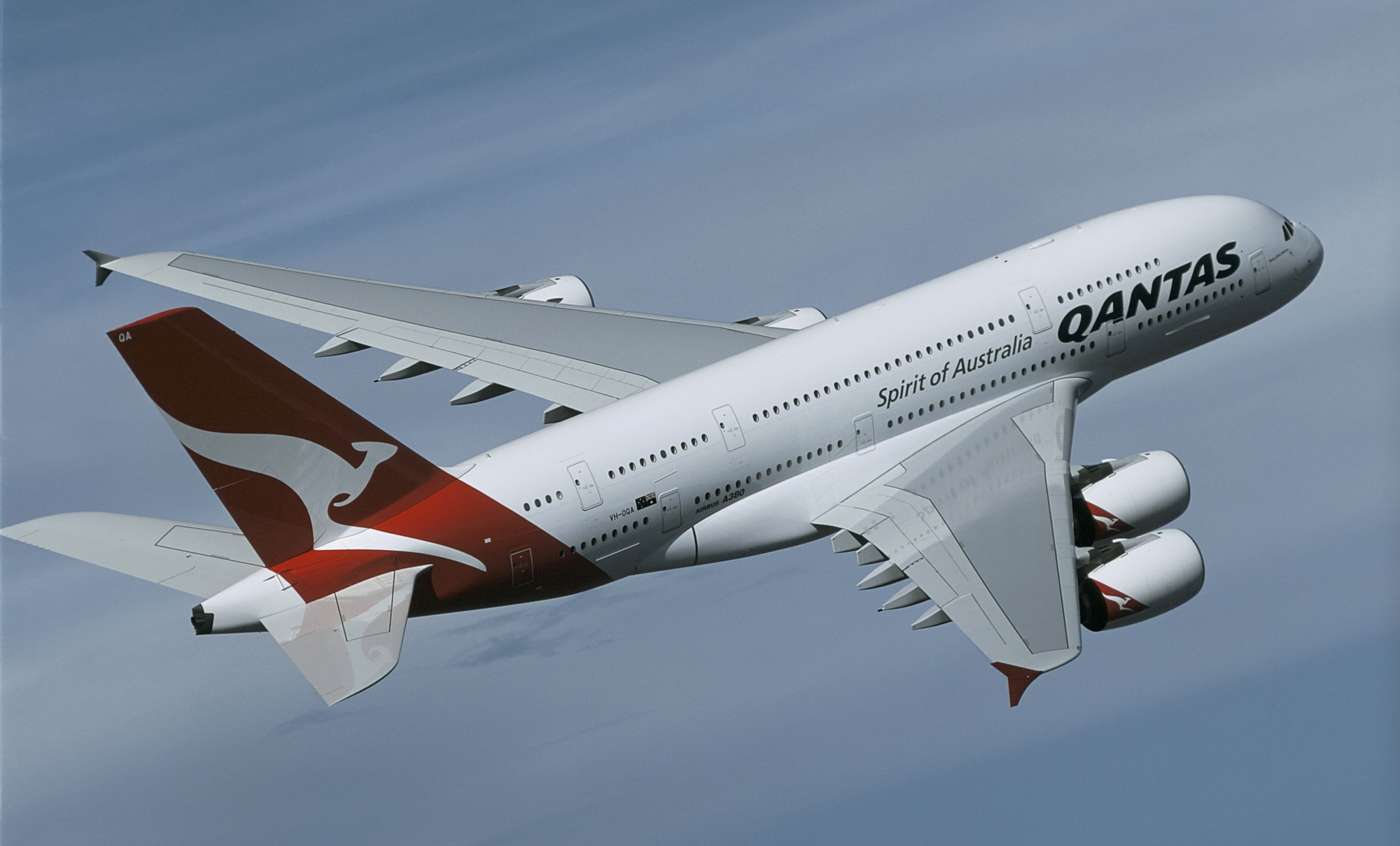|
Qantas has released a shortlist of the nine
regional cities in the running to be home to the new Qantas Group
Pilot Academy.
The Academy, due to open its doors in
2019, is part of the Qantas Group�s plans to build a long-term
talent pipeline for its airlines and meet the increasing need for
skilled aviators in one of the world�s fastest growing industries.
Estimates suggest the global airline
industry needs more than 640,000 more pilots over the next 20
years � 40% of them in the Asia Pacific region.
Last month, regional cities and state
governments were invited to coordinate their applications, putting
forward their best case to be the home of the new Pilot Academy.
Criteria included access to uncongested airspace, a certain number
of clear weather days per year and infrastructure to support and
accommodate up to 100 students in the first year of operation.

More than 60 regional cities put forward a
proposal and nine regional cities across Australia, strongly
supported by State and Territory Governments, have now been
selected to move to the next phase of the process:
Alice Springs, Northern Territory
Bendigo,
Victoria
Busselton, Western Australia
Dubbo, New South Wales
Launceston, Tasmania
Mackay, Queensland
Tamworth, New South
Wales
Toowoomba, Queensland
Wagga Wagga, New South Wales
The Qantas Group Pilot Academy management team
will visit these nine cities in coming weeks and meet with
community leaders, suppliers and airport operators to further
evaluate the feasibility of each location.
A final decision on the Academy�s location is
expected to be made in the third quarter of this year.
Qantas Group Pilot Academy Executive Manager,
Wes Nobelius, said, �The way that communities have come together to
develop some outstanding proposals has been fantastic. From ideas
around scholarships to a community photo shoot in Mackay and a
video message from the children of Dubbo, we�ve been really
impressed with the quality of responses and the level of support
on offer. Narrowing down the possible
locations from more than sixty to just nine wasn�t easy. It will be
harder still to whittle this down to just one.�
Mr Nobelius said cities could still be in
contention to host a second academy if the demand for pilots was
strong enough � including training foreign students on behalf of
airlines overseas.
�We think there could be enough demand from the
broader industry for us to train up to 500 pilots a year, and to
do that we�re likely to need two separate academies because of the
practical realities of trying to do that much training in a single
location. Training on this scale represents a commercial
opportunity for Qantas but it�s also about contributing to a
talent pipeline that we rely on for more senior pilots down the
track. These graduates might fly for other airlines, join the defence force or be part of services like the Royal Flying
Doctors. The applications from cities that we�ve seen
through this process show regional cities have the capacity to
help make Australia a regional hub for pilot training, and the
potential benefit that could bring for local economies is huge,�
he added.
The Qantas Group is in separate discussions with
several training providers and has said it will release a formal tender
process in coming weeks.
More than 14,000 aspiring pilots have so far
registered their interest
in the Academy. The airline is encouraging more women to
consider a career in aviation, which globally stands at just 3%. Around 16% of people registering interest in the
Academy are female.
See latest
HD Video
Interviews,
Podcasts
and other
news regarding:
Qantas,
Pilots,
Academy,
Australia.
|
